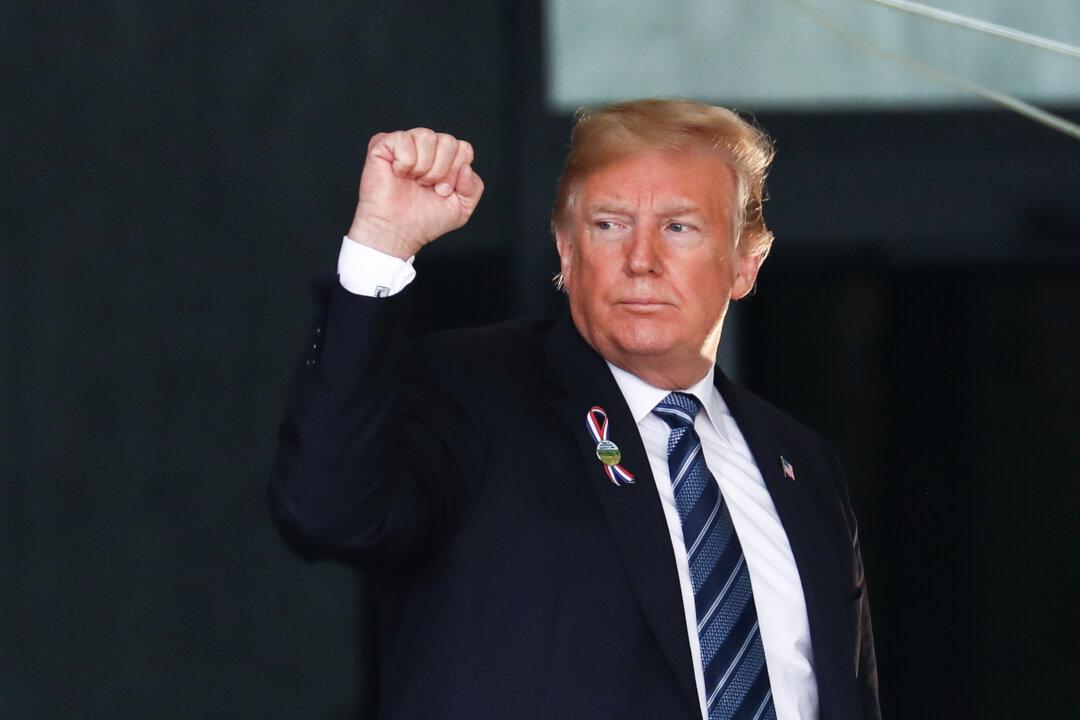President Donald Trump signed an executive order on Sept. 12 directing the government to impose automatic sanctions on foreign individuals, entities, and nations in retaliation for attempts to interfere in U.S. elections.
The president declared a national emergency to deal with election meddling. The order states that foreign interference poses “an unusual and extraordinary threat” to America’s national security and foreign policy.





